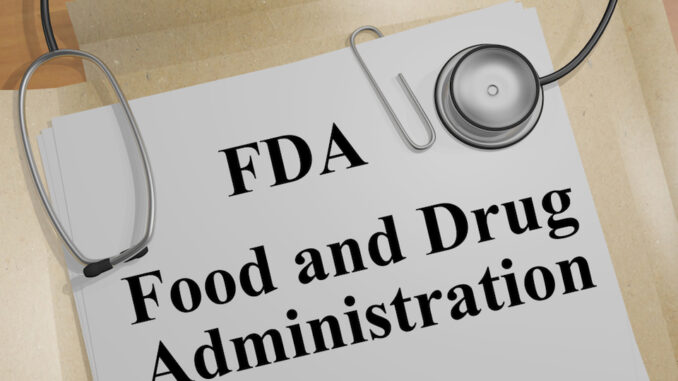
Seres Therapeutics, Inc. (Nasdaq: MCRB) announced that it has obtained correspondence from the Office of Vaccines Research and Review of the U.S. Food and Drug Administration (FDA) regarding the Company’s plans to submit a Biologics License Application (BLA) to support product approval of SER-109 for recurrent C. difficile infection (CDI). After obtaining highly statistically significant topline Phase 3 ECOSPOR III SER-109 study results in recurrent CDI, Seres requested a Breakthrough Therapy Designation meeting with the FDA. In response to the meeting request, the FDA reaffirmed its prior guidance regarding the efficacy requirements to support a SER-109 BLA submission, which were exceeded by the recent positive SER-109 Phase 3 study results, reaffirmed its prior guidance that at least 300 patients will be required for the safety database, and indicated there was not a reason for a meeting at this time.
Seres is using its SER-109 open-label study, which also admits patients with a single recurrence of CDI as previously discussed with the FDA, to expand the SER-109 safety database. Seres is taking various measures to expedite open-label study enrollment, including increasing the number of SER-109 clinical study sites across the U.S. and Canada. Seres also anticipates that the quarantine of material used for unapproved Fecal Microbiota Transplantation (FMT) by a national provider will accelerate SER-109 open-label study enrollment.
“Our SER-109 ECOSPOR III Phase 3 study results at eight weeks demonstrated an impressive 30.2% absolute reduction in CDI recurrence, an 88.9% SER-109 sustained clinical response, and a highly favorable safety profile. We believe SER-109 has the potential to transform the outcomes for patients living with recurrent CDI. We are very pleased that the FDA has reaffirmed the efficacy requirements for a BLA filing, and we expect that our Phase 3 data will provide the efficacy basis for product approval,”
said Eric D. Shaff, President and Chief Executive Officer of Seres.
“Patients suffering from recurrent CDI have no attractive treatment options today, and some resort to unapproved FMT, which is unproven and is documented to transmit infectious diseases. There is an urgent need for a new effective and safe therapeutic option for this disease.”
Mr. Shaff continued:
“Seres is committed to serving patients with recurrent CDI, a devastating and often fatal disease, and we are working expeditiously to bring SER-109 forward to patients in need. Our team is diligently executing our open-label study, activating many new clinical sites in the process, and we expect to expand the SER-109 safety database so that we can file a BLA as soon as possible. We also plan to seek continued FDA dialogue to discuss a rapid path to product approval.”
About SER-109
SER-109 is an investigational, oral, biologically-sourced microbiome therapeutic that is designed to reduce recurrence of C. difficile infection (CDI), enabling patients to achieve a sustained clinical response by breaking the vicious cycle of CDI recurrence and restoring the diversity of the gastrointestinal microbiome. SER-109 is a consortium of purified Firmicute bacteria in spore form, manufactured by fractionating targeted bacteria from the stool of healthy human donors with further steps to inactivate potential pathogens. The FDA has granted SER-109 Breakthrough Therapy designation and Orphan Drug designation for the treatment of recurrent CDI.
SER-109 is fundamentally distinct from fecal microbiota transplantation (FMT). SER-109 is comprised of a highly purified consortia of commensal bacteria in spore form and designed to be manufactured in accordance with Current Good Manufacturing Practice (cGMP) conditions using stringent standards to ensure product quality and consistency. To support product safety, Seres utilizes a unique manufacturing process designed to inactivate numerous potential pathogens, including species of non-spore bacteria, such as Escherichia coli, and viruses such as SARS-CoV-2.

